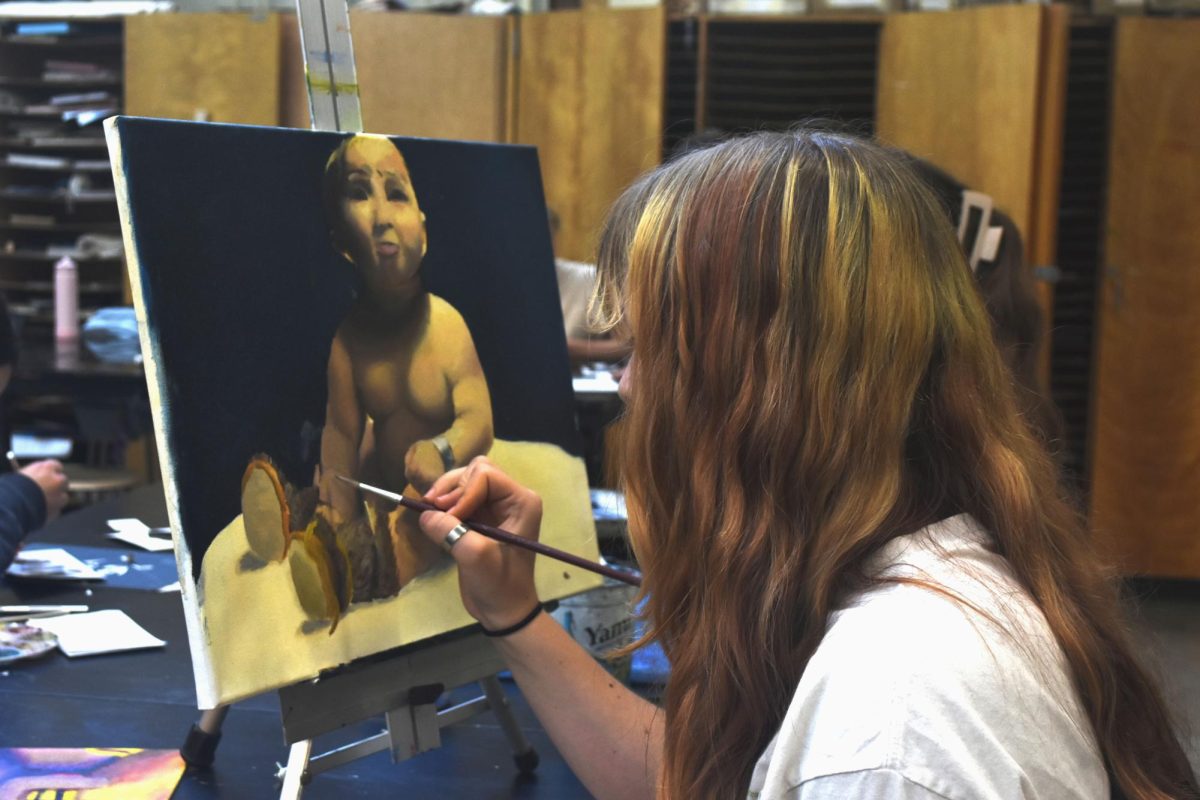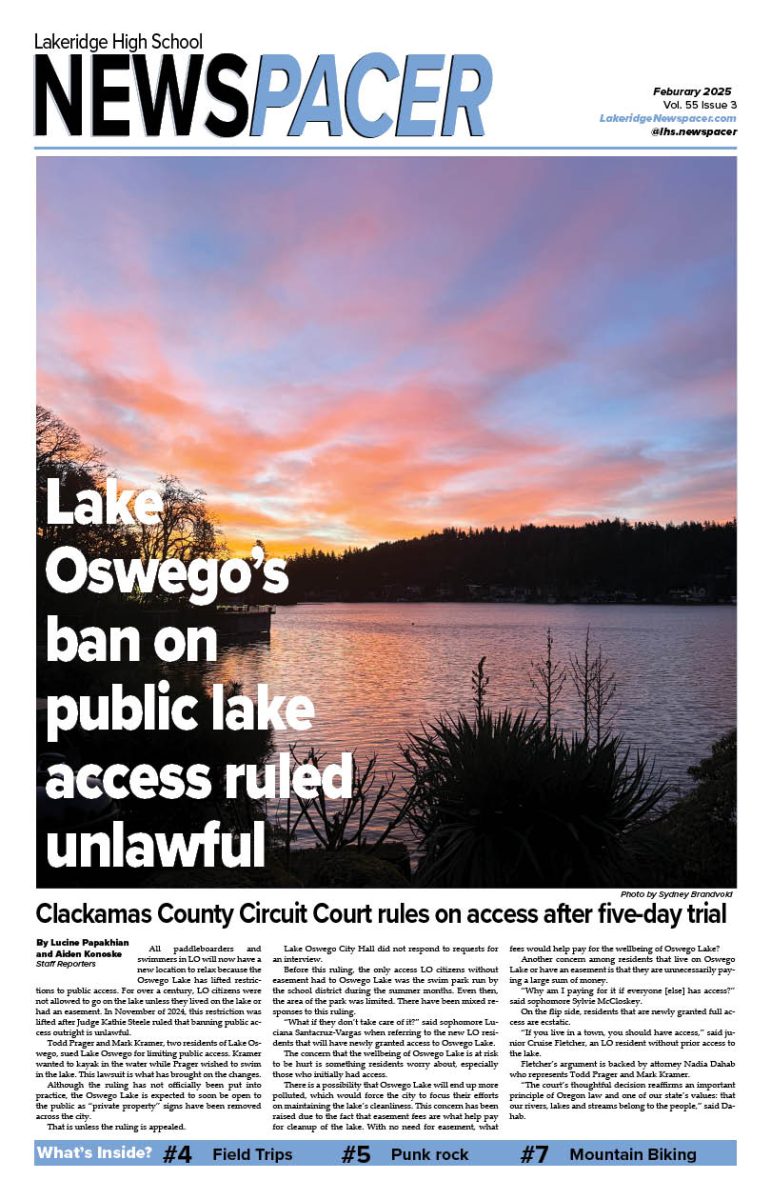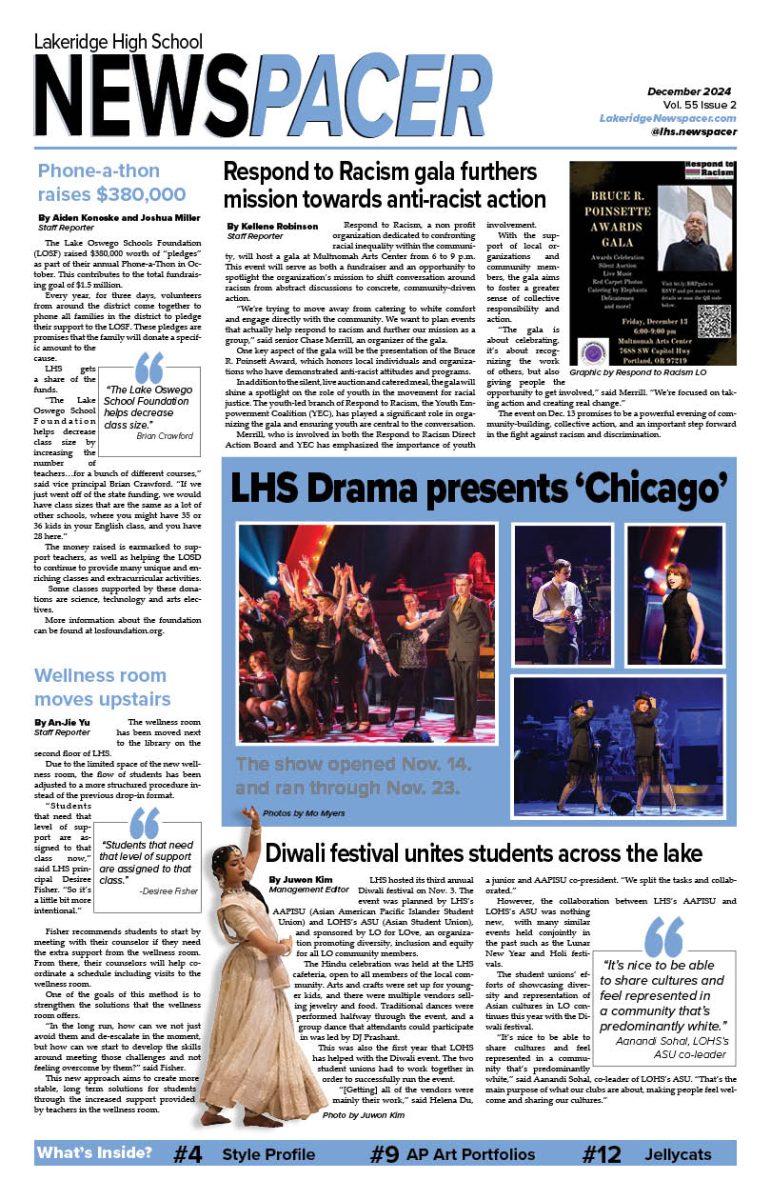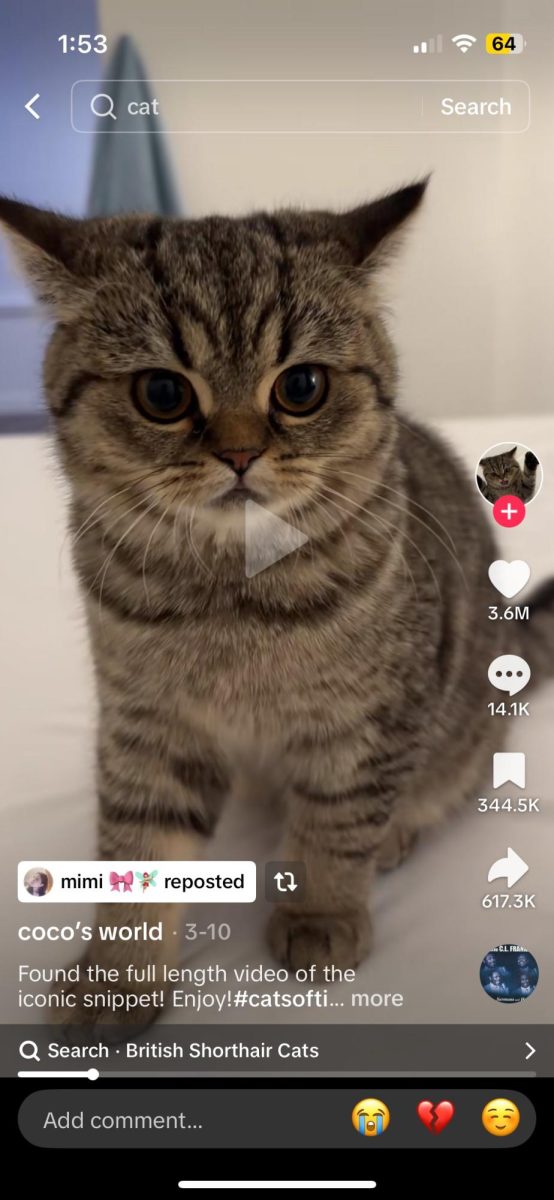To Tik-Tok or to Tik-not? TikTok was set to be banned Jan. 19 yet it was only banned for a matter of hours! Signed into action by President Biden last May, the bill is extremely controversial. There have been many criticisms made about the bill, suggesting that banning TikTok is an infringement of American rights, and bringing up the fact that many small businesses have thrived through the outreach Tiktok has provided. Notably, there has been suspicion on behalf of politicians surrounding the app since 2019.
How did the ban start? It actually dates back to 2020, when Trump issued an order that Bytedance rid itself of TikTok’s US operations. When Biden came to the presidency in 2021, he paused the order.
On Jan. 18, the app went dark with an error message, but the next morning it was normal. Notably, the app was gone from the app store. President Trump signed a 75 day extension, which caused TikTok to work again. The TikTok executives made a calculated movement when they paused the app before the 19th deadline (before it was midnight in any state).
Some students have felt a sense of whiplash from the constant conflicting updates on the app’s status in the US.
“I feel like there’s been a TikTok ban once every few months,” Senior Eli Jackson said. “I’m not worried.”
Other students may be concerned over what the ban could mean legislatively. “The TikTok ban is a huge violation of first amendment rights,” said Senior Spencer Erlandson. “It’s a very slippery slope.” If the US can ban TikTok with the excuse of national security, does that set a precedent that they can do whatever they want, even if it’s against the will of the people?
Famous Shark Tank investor Kevin O’Leary and Youtuber Mr. Beast have posted to social media that they want to buy TikTok; however, while these offers are intriguing, ByteDance has made clear that it had no intention of selling. Now users ask: what is the future of TikTok?



















